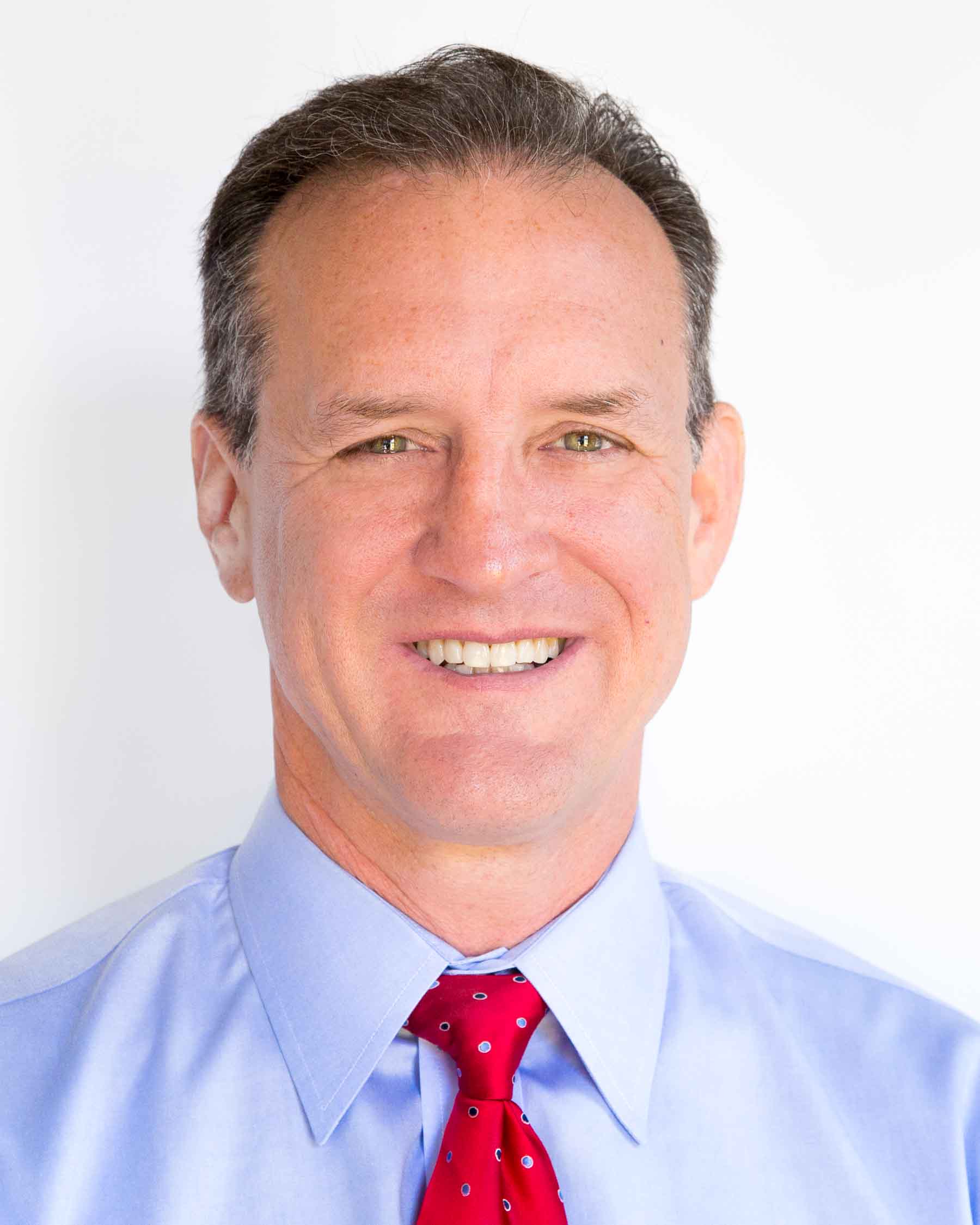 by Gerard J. Gianoli, M.D. http://EarAndBalance.net
by Gerard J. Gianoli, M.D. http://EarAndBalance.net
Free-market capitalism has brought unimaginable innovations to mankind in the last 200 years, more so than any other economic system in the history of the world: airplanes, telephones, personal computers, electric lightbulbs. Far less appreciated, even by those who are ardent advocates of free markets, are the innovations brought by private medical practices through the magic of free-market capitalism.
Philippa Thomson, who lives in Scotland, describes her battle with an inner ear condition known as superior semicircular canal dehiscence (SSCD) in a new book titled “A Hole in my Life—Battling Chronic Dizziness. The picture of her struggle to get help within the socialized medical system of the British National Health Service (NHS) is not a pretty one. She is eventually tossed aside by a system that shows her little compassion. However, she doesn’t give up and she finds a specialist in the U.S. who can help her—me.
People may ask, “How is it that no one in the UK-NHS was able to help her, but a guy in private practice in Louisiana could?” Such people have been conditioned to believe that government or universities are the sole source of innovation. This is far removed from reality.
Throughout the last 70 years, the U.S. has been the greatest mover and shaker in the world of medicine. Most major medical innovations have either been born or significantly developed here. And, many of the major innovations have come from small private practices—certainly not from the government. Innovative changes do not come from out of our universities—they come from individuals who work at our universities. However, true radical, transformative innovations have often come from private practices.
Looking at my field of neuro-otology (inner ear disorders), three major innovations came from private practices. Dr. Bill House developed the cochlear implant, which provides hearing to the deaf. He was in private practice and was condemned by academics, who claimed it was an assault to shove a “wire” into someone’s ear. Dr. John Epley, a solo private practitioner, developed canalith repositioning, or the “Epley maneuver,” which was the single biggest advance in the treatment of vertigo—ever. He almost lost his medical license due to objections from the academics at the university. Now the Epley maneuver is routine everywhere. Dr. John Shea, also in private practice, developed stapedectomy surgery, which restores hearing to those who have otosclerosis, a disease that causes the last hearing bone to harden in place. This procedure was initially condemned by academia until eventually accepted and embraced.
You may have noticed a pattern here. Academic institutions are reticent to embrace radical transformative ideas. However, they are great places to refine those ideas, once accepted.
Academic physicians are paid to do research and write papers. While “publish or perish” is the rule, what gets published is often rubbish. The editors in chief of two of the most prestigious medical journals (the New England Journal of Medicine and Lancet) recently expressed their distrust of the published medical literature, estimating that half of what is published may simply be untrue. What is published has to be accepted by “peer review.” Unfortunately, “peers” usually frown on radical new ideas. Consequently, this restricts the academic to a narrow range of possibilities, or marginal advances rather than great advances. More often, the published papers simply entrench the established viewpoint, rather than challenging it.
In private practice, innovations can only succeed if they result in better patient outcomes and satisfied patients. If not, they are not repeated. There is no pressure to publish. The only incentive is better patient outcomes. The private practitioner’s focus is not constrained by what the peer reviewers will say—only what his patients will say.
Government intervention such as by the NHS in the UK and now Medicare and ObamaCare in the U.S. constrain physicians’ actions by “best practices” and cookbook medical decision trees. These constrained medical decisions have been institutionalized via the electronic medical record (EMR), which has been mandated by the federal government. This not only squelches innovation, but has a chilling effect on physicians’ actions, preventing them from doing anything beyond the regimented government-sanctioned prescriptions.
Imagine if the government had clamped down on doctors and ordered “best practices” in the 1950s? We’d still be stuck with 1950s medicine, without the cochlear implant, stapedectomy, or the Epley maneuver.
Unfortunately, ObamaCare is killing private practice with bureaucracy and nightmarish mandates. In the few years since Obamacare has been enacted, roughly half of doctors in private practice have left for hospital employment. ObamaCare is killing the great laboratory of clinical medical science.
Gerard Gianoli, M.D., F.A.C.S. specializes in Neuro-otology and Skull Base Surgery. He is in private practice at The Ear and Balance Institute, located in Covington, but is also a Clinical Associate Professor in the Departments of Otolaryngology and Pediatrics at Tulane University School of Medicine. He pioneered treatments for Superior Semicircular Canal Dehiscence and other vestibular disorders. His private practice has a worldwide reach, with patient referrals coming from all over the United States and from around the world.
Dr. Gianoli opted out of Medicare in 2001 and has had a 100% third-party-free practice since 2005. He’s lectured and written extensively on third party free medical practices and free market medicine. His editorials have appeared in The Wall Street Journal, Forbes, Investor’s Business Daily, The Hill and other popular periodicals. His media interviews have spanned the nation, including interviews on Fox News and National Public Radio.
He has received numerous awards, including the American Academy of Otolaryngology’s Honor Award, and has been named in America’s Top Doctors and America’s Top Physicians every year since their inception in 2001 and 2003 respectively. Dr. Gianoli practices all aspects of neuro-otology but has a special interest in vestibular (balance) disorders. He has researched, lectured and published extensively on the topic of vestibular disorders.



